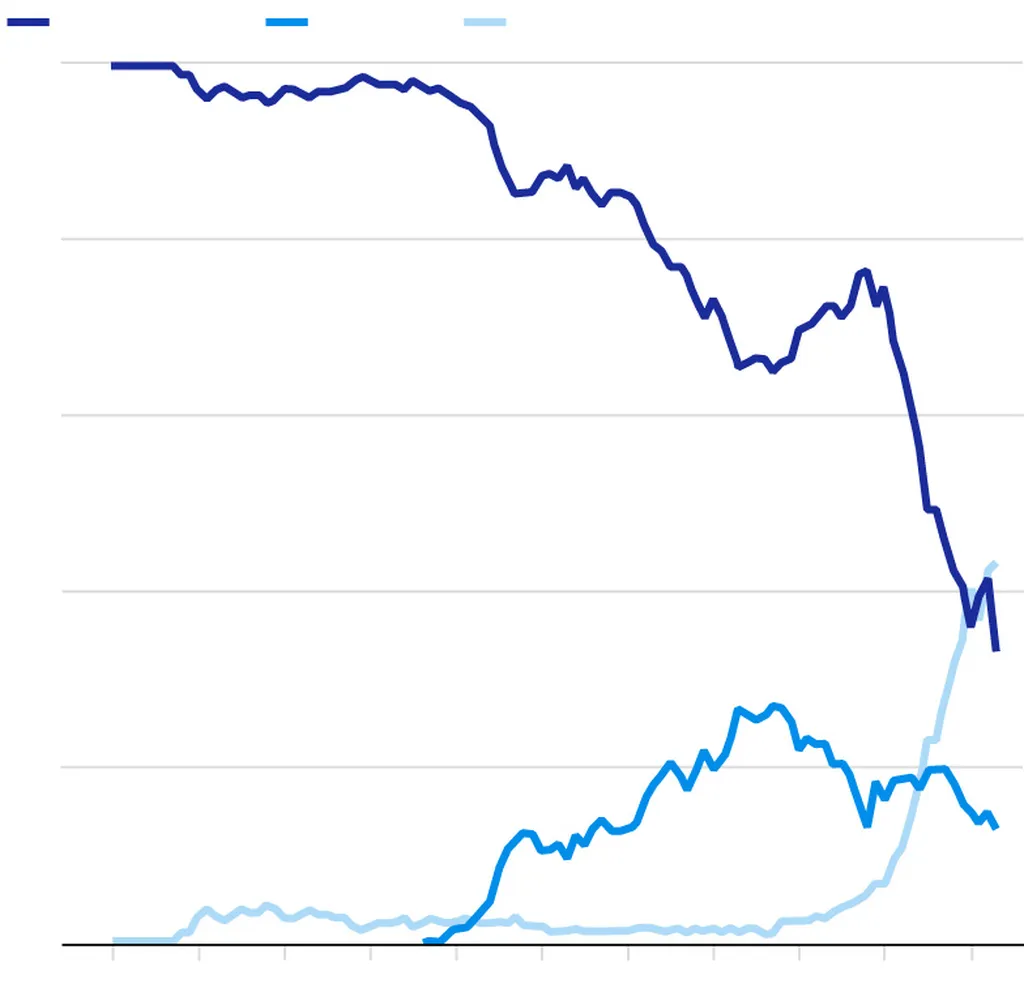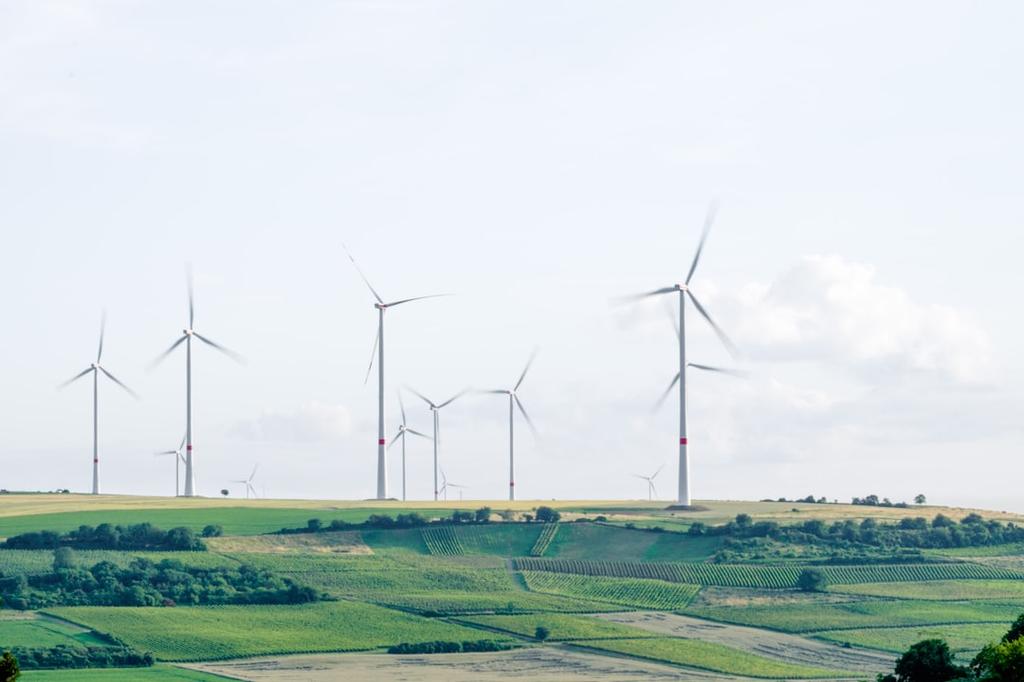This week, Sir Keir Starmer is set to make waves in the energy sector as he engages the influential leaders of the UAE’s sovereign wealth funds, seeking to secure much-needed funding for the Sizewell C nuclear project. This high-stakes visit to the Gulf isn’t just a casual meet-and-greet; it’s a strategic maneuver aimed at courting investment into British infrastructure, particularly the proposed nuclear power plant on the Suffolk coast.
Starmer’s itinerary includes a pivotal meeting with representatives from Mubadala, one of Abu Dhabi’s premier sovereign wealth funds. Among those expected to attend is Khaldoon Al Mubarak, the chief executive of Mubadala and a key advisor to Sheikh Mansour bin Zayed Al Nahyan, the UAE vice president and the owner of Manchester City football club. The underlying message from Starmer’s team is clear: “You can trust us.” This reassurance comes amid ongoing concerns regarding the commitment of successive UK administrations to nuclear power and major infrastructure initiatives.
The urgency of this visit is underscored by the government’s struggle to attract investors for Sizewell C. The capital raise process has dragged on longer than anticipated, with only five potential backers remaining in the running. Notable names include British Gas owner Centrica, the Emirates Nuclear Energy Corporation (Enec), and Amber Infrastructure Group. Interestingly, there’s speculation that Mubadala might channel funds through Enec, leveraging past collaborations with UAE companies that have successfully invested in various global projects.
However, the road to securing investment is fraught with challenges. Ministers had initially hoped to finalize investment decisions by the end of this year, but the timeline has shifted to spring, largely tied to Chancellor Rachel Reeves’s upcoming spending review. A significant hurdle is the need to place the full cost of the Sizewell project—estimated between £20 billion and £40 billion—on the public balance sheet. Currently, the UK government holds over 80% of the equity, with French state-owned EDF holding the remainder.
Adding to the complexity is the ongoing dilemma surrounding the Hinkley Point C plant in Somerset, which is majority-owned by EDF. This project is facing a staggering £5 billion funding shortfall after co-investor China General Nuclear withdrew its financial support. The UK government’s decision to block Chinese involvement in Sizewell C and future nuclear projects due to national security concerns has left EDF in a precarious position, urging the UK to step in with support—a plea that ministers have thus far resisted.
As Starmer courts investment from the UAE, the implications stretch far beyond just the Sizewell C project. This visit could redefine how the UK engages with foreign investment in critical infrastructure, especially in the energy sector. The outcome may very well set the tone for future developments, shaping not only the nuclear landscape but also the broader dialogue around energy security and international partnerships. The stakes are high, and the energy sector is watching closely.




